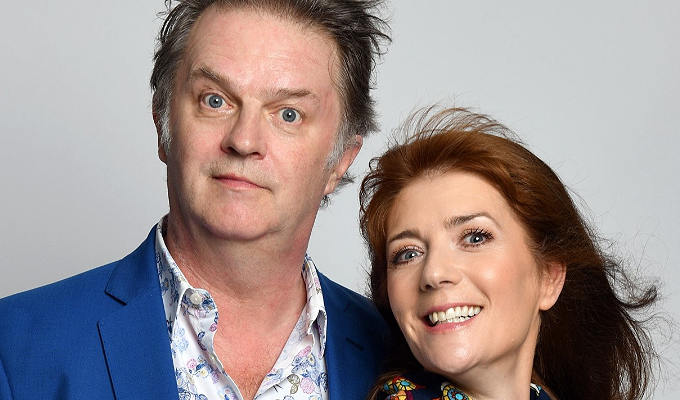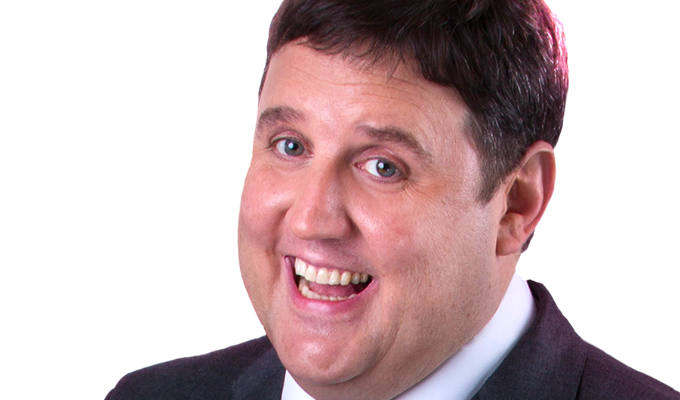
Britons back offensive jokes
Two-thirds say comedians should allowed to cross the line
More than two-thirds of people think that comedians should be free to tell jokes, even if they cause offence.
That’s the result of a poll conducted for the newly-formed Campaign for Common Sense, set up to combat what it sees as too much political correctness in society.
The survey also found that about 77 per cent of people believed that politicians should ‘focus on issues like public services rather than "politically correct" concerns like transgender rights’ and that ‘you have to walk on eggshells when speaking about certain issues these days’.
And 82 per cent of the 2,069 people polled agreed ‘too many people are easily offended these days’.
When it came to the question: ‘Comedians should be free to tell jokes even if some people are offended’, men, at 74 per cent, were more likely to agree than women, 62 per cent, striking an average of 68 per cent.
And while the youngest age group, 18-to-24-year olds, were least likely to agree (59 per cent), the next group up, 25-to-34, were most likely to accept offensive jokes (73 per cent).
Geographically, Londoners were least likely to agree, (63 per cent) and those in North East England most likely (75 per cent)
The research was conduced by JL Partners, which was set up by Theresa May’s pollster, James Johnson.
The Campaign for Common Sense was set up by Cambridge-educated Mark Lehain, a former Conservative election candidate and ex-teacher who established one of the first ‘free schools’ in the UK before moving to the the campaign group Parents and Teachers for Excellence, co-founded by Tory and Vote Leave donor Jon Moynihan.
Launching the pressure group, Lehain said he hoped it would be ‘a rallying point for people who have had enough of walking on eggshells, and who trust people to do the right thing’.
And in an article on Conservative Home website, he added: ‘Across a huge range of issues, a weird kind of groupthink has become imposed. To hold views outside of those deemed acceptable is best considered bad form, and at worst career-ending.
‘Add in the heady mix of social media and a news industry hungry for the next outrage, and time and time again bizarre shamings and faux-scandals occur Alongside this, significant chunks of public life have been increasingly shaped by unrepresentative concerns, and become more and more disconnected from the majority of people.’
Ricky Gervais, who has long been a vocal advocate of causing offence in comedy. said last month: ‘You can’t make a joke that someone, somewhere won’t find offensive, so you shouldn’t try.’
Published: 25 May 2020






